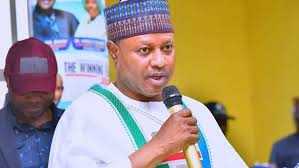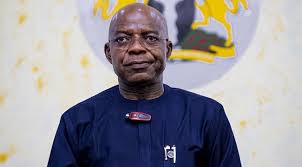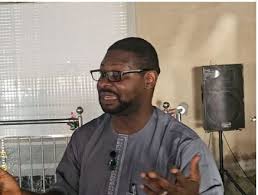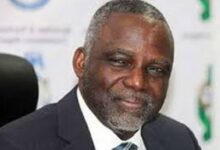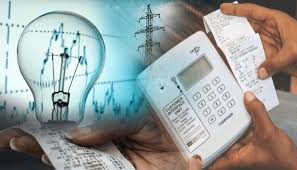
The Nigerian Institute of Medical Research, NIMR, on Monday said it is facing a crippling electricity crisis, with exorbitant bills reaching tens of millions of Naira each month.
The challenge which it ascribed to the to the new billing system, (Band A) by Eko Electric, is, also threatening the institute’s efforts to combat both endemic and emerging diseases through medical research in Nigeria.
Currently, the institute has been forced to implement drastic measures, including load shedding and seeking international assistance through donor funding of medical research to cope with the unsustainable costs.
Disclosing this during the monthly of journalists in Lagos, the Director General of the Agency, Prof John Obafunwa who gave detailed challenges they face called for increased funding for local research.
“The first bill in August was a staggering N49 million, followed by 48 million in September and N44 million in October. These exorbitant costs have severely impacted our research activities,” Obafunwa said.
He said in the process of sorting out the problems, the institute discovered illegal connections within their premises, prompting them to alert the government. Despite this, they continue to receive exorbitant bills and face threats of disconnection.
“We’ve had to resort to unconventional measures. We’ve been indirectly appealing to foreign donors for assistance to offset the bills. Internally, we’ve implemented strict energy-saving measures; including switching off fans and lights in labs, and implementing scheduled power cuts in residential areas.”
He said recently, the institute is now exploring alternative solutions, such as installing solar systems in phases. “Some researchers have even contributed their own funds to install inverters and solar panels.”
“By the time I came in, there was a backlog of about N38M, N39 million. But I can tell you that all the subsequent bills of 48 million, 49 million, 44 million, whatever, have been paid. Even the one that came January this year, I’ve approved it to be paid. Our foreign funders, through our principal investigators, came to our aid.”
We have a problem with the electricity companies. When you hear statements like, we will shut you down,disconnect you, it’s not one thing. It’s that people don’t understand what it means.
No electricity meters
“Up till now, NIMR has no meters. Letters have been written four times, asking for the so-called panel here to be repaired, nothing has happened. We have been asking people to switch off fan in their labs before going home, whether it’s AC, electric bulbs, or whatever. Even in the residential area, by 9 a.m., we disconnect. Then we reconnect at about 4 p.m. So it’s not actually the NIMR staff who are responsible for this.”
The biggest problem that we have is power supply. While highlighting these challenges and the need for government to urgently intervene to resolve the electricity crisis, he expressed hope that President, Bola Tinubu will swiftly address the issue and expedite the implementation of the National Agreement to improve power supply across the country.
Obafunwa further called for increased local research funding to help address the nation’s health challenges and improve the quality of lives.
Making the call at a media chat organised by the institute in Lagos, he said that 95 per cent of research works carried out by the institute was funded by foreign donors, thereby limiting its scope of research.
Stating that NIMR has the facility and human capacity to explore some of the health challenges and proffer solutions, he said: “The running of NIMR so far has depended to a large extent, 95 per cent on foreign donors like the World Health Organisation, Bill and Melinda Gates Foundation, West Africa Health Organisation and others.
“It is said that he who pays the piper dictates the tune, what this means is that most of this research will be what the foreign donors are interested in. We need to recalibrate and focus a lot more on issues pertaining to our health conditions and this is why the government and indeed our legislators need to approve money to concentrate on local research,” he said.
Lassa fever vaccine under way
He further disclosed that the institute was working on Lassa fever vaccine in collaboration with the Nigeria Centre for Diseases Control and Prevention, NCDC. He said they are also working on diseases like diabetes, hypertension, heart attack which falls under non-communicable diseases would help to reduce its burden in the country.
“We can do research to know if there are any special genetic predispositions to hypertension in our environment, and identify genetic constitutions in any part of the country that favours the development of diabetes.
“A lot is said about chronic renal diseases and renal failure with dialysis, kidney transplant in the country, we need to find out if there is anything in our water and food that we need to revisit to know and the genetic
“We have facility to explore these things, NIMR is that expert at the background that people don’t see, we hope that a forum like this will help us to get across, to not just the average man on the street, but also legislators.”

